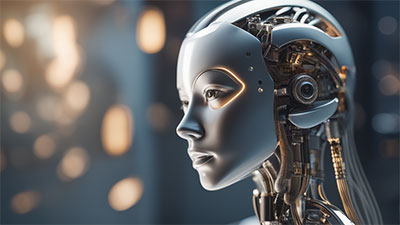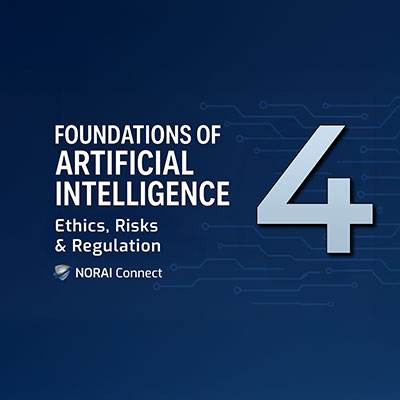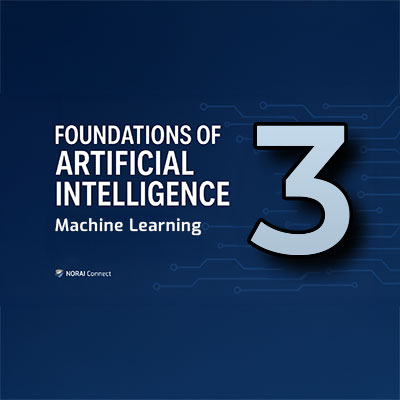Artificial Intelligence (AI) has rapidly evolved from a futuristic concept to an integral component of our daily lives, influencing sectors ranging from healthcare to finance. However, as AI systems become more pervasive, the ethical considerations surrounding their development and deployment have become increasingly critical. It’s essential to understand that AI ethics is not merely a buzzword; it encompasses real-world dilemmas that can have profound implications for individuals and society. The Australian
Understanding AI Ethics

At its core, AI ethics involves the moral principles guiding the design, development and use of AI technologies. It addresses questions about the impact of AI on human rights, privacy, fairness and accountability.
As AI systems gain more autonomy, ensuring they align with ethical standards becomes paramount to prevent harm and promote societal well-being.
Real Ethical Dilemmas in AI Development
AI companies often encounter complex ethical challenges, including:
Algorithmic Bias: AI systems trained on biased data can perpetuate discrimination. For example, if an AI recruiting tool is trained on resumes predominantly from male applicants, it may favor male candidates, thereby reinforcing gender biases.
Privacy Invasion: AI’s ability to process vast amounts of data can lead to privacy infringements. Facial recognition technologies, for instance, can be used for mass surveillance without individuals’ consent, raising significant ethical concerns.
Lack of Transparency: Many AI models, especially deep learning systems, operate as “black boxes,” making it difficult to understand their decision-making processes. This opacity can lead to challenges in accountability when AI systems make erroneous or harmful decisions.
Job Displacement: The automation capabilities of AI can lead to significant job losses in certain sectors, raising ethical questions about the societal impact and the responsibility of businesses to mitigate such effects.
Case Study: Amazon's AI Recruitment Tool
A notable example of AI ethics in practice is Amazon’s development of an AI recruitment tool intended to streamline the hiring process. However, the tool was found to exhibit gender bias, systematically favoring male applicants over female ones.
This bias arose because the AI was trained on resumes submitted over a ten-year period, which were predominantly from men, reflecting the male dominance in the tech industry.
Consequently, the AI learned to prefer male candidates, leading to discriminatory hiring practices. Recognising this ethical flaw, Amazon eventually abandoned the project.
This case underscores the critical importance of addressing bias in AI systems to prevent the perpetuation of existing inequalities. Reuters

The Importance of Ethical AI
Ensuring ethical practices in AI development is crucial for several reasons:
Public Trust: Ethical AI fosters trust among users and the public, which is essential for the widespread adoption of AI technologies.
Legal Compliance: Adhering to ethical standards helps companies comply with regulations and avoid legal repercussions.
Social Responsibility: Ethical AI contributes to the greater good by promoting fairness, preventing harm and enhancing societal well-being.
AI ethics is a multifaceted and vital aspect of modern technology development. It requires continuous reflection and action from all stakeholders involved to ensure that AI serves as a force for good, promoting fairness, transparency and respect for human rights.
What’s your take – are AI companies really taking ethics seriously?
North Atlantic
Victor A. Lausas




